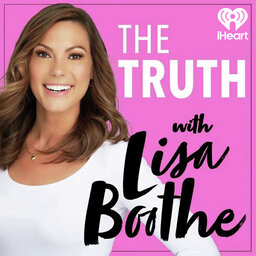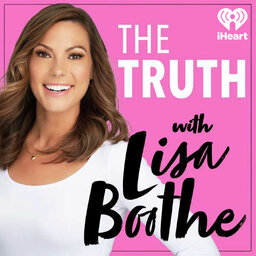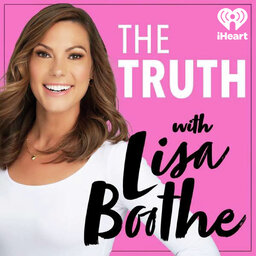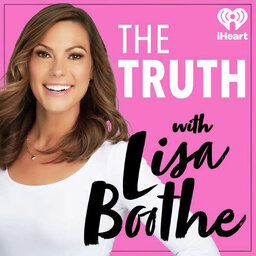Clean
The Truth with Lisa Boothe: An Interview with the new Head of the NIH, Dr. Jay Bhattacharya
In this episode, Lisa and Dr. Jay Bhattacharya, a Stanford professor and co-author of the Great Barrington Declaration, discuss the implications of the Omicron variant and government responses, including vaccine mandates. Dr. Bhattacharya advocates for focused protection of vulnerable populations rather than broad lockdowns and criticizes mass asymptomatic testing and forced vaccination. The Truth with Lisa Boothe is part of the Clay Travis & Buck Sexton Podcast Network - new episodes debut every Monday & Thursday.
 The Truth with Lisa Boothe
The Truth with Lisa Boothe



